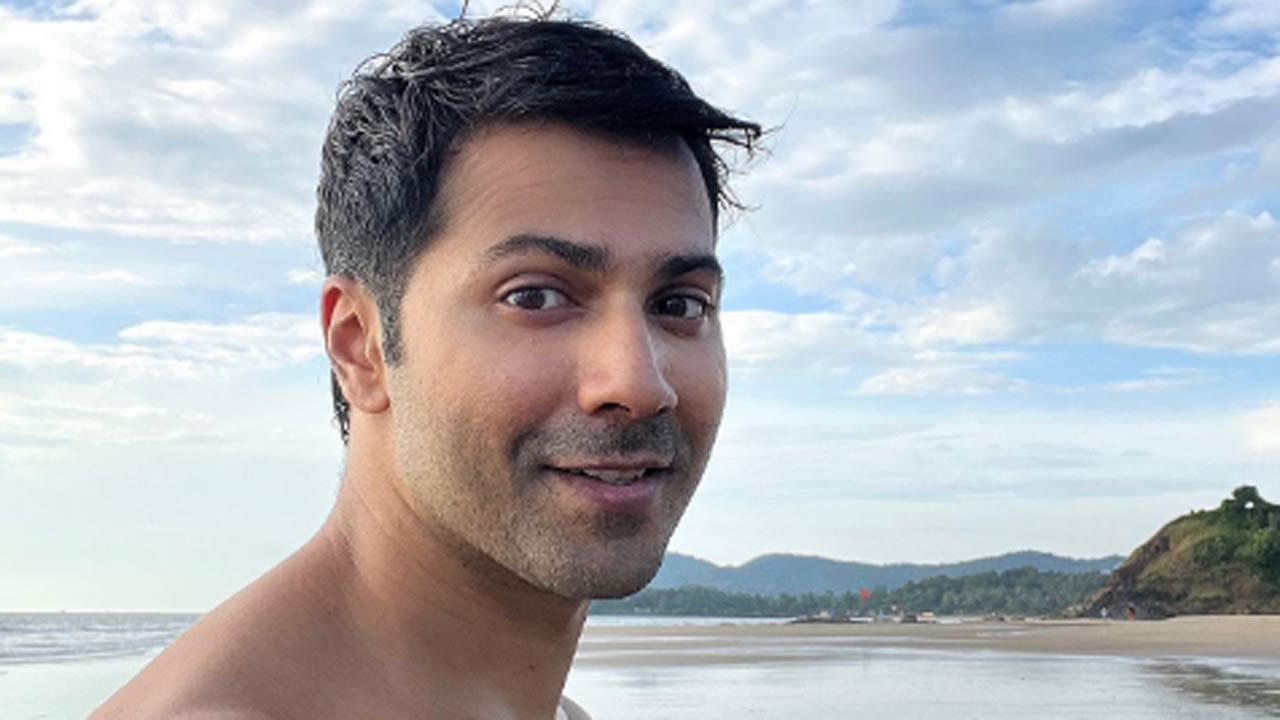
In a development that has caught the attention of football enthusiasts across the globe, Mohamed Salah, the celebrated captain of Egypt’s national football team, will not participate in the forthcoming Africa Cup of Nations qualifier in Mauritania. This confirmation comes from his Premier League club, Liverpool, which announced the decision on Saturday. The 32-year-old forward was “released early from international duty amid the ongoing October break,” Liverpool confirmed, citing concerns over player safety as a primary reason.
The announcement follows a successful outing for Salah, who scored a pivotal goal in Egypt’s 2-0 victory over Mauritania only days prior. Despite the victory, Salah was expected to feature in a second faceoff against the same opponents scheduled for the coming Tuesday. However, apprehension concerning the challenging playing conditions on Mauritania’s artificial turf, compounded by fears of potential injury, have led to his early release.
Egypt’s team manager, the experienced Hossam Hassan, spoke candidly with journalists in Cairo on Friday. He expressed reservations about the risk posed by the synthetic playing surface in Mauritania. “The condition of the turf is not up to international standards, and we have to consider the welfare of our players,” Hassan explained. Such concerns are especially pertinent in light of Salah’s pivotal role at Liverpool, where he consistently delivers outstanding performances.
Mauritania’s artificial turf has long been a contentious issue among visiting teams. Football specialists often debate the impact of synthetic pitches on player performance and injury risk. While some argue that artificial surfaces can offer consistent play conditions, others raise safety concerns, particularly regarding the toll on players’ joints and muscles. For a star athlete like Salah, the prospect of sustaining an avoidable injury far from England, during a crucial season for Liverpool, adds another dimension to these debates.
Liverpool’s decision to recall Salah underlines a commitment to safeguarding their player’s physical condition. It also aligns with broader trends in sports management, where clubs increasingly prioritize player health over immediate international commitments. Salah’s absence from the qualifier is not only a disappointment for Egyptian fans but also a reminder of the increasing influence club teams hold over their players’ international participation.
.
This week’s developments underscore the complex interaction between national teams and club management. For national teams, top talents like Salah are invaluable assets. Their participation in international tournaments can significantly impact a team’s success. For clubs, however, the primary concern is often the physical well-being of their players, whose availability is crucial for club-level competitions.
This is not the first instance of conflict over player availability during the international break. Clubs across Europe and beyond have voiced similar concerns in the past, especially when it comes to high-stakes matches occurring immediately before or after international fixtures. The debate often hinges on the timing and conditions of such matches, highlighting the delicate balance between club interests and national pride.
Mohamed Salah’s situation perhaps exemplifies this ongoing tension. As a key figure for both his national team and club, his well-being is a top priority. Liverpool’s decision reflects a strategic move to prevent any undue risk ahead of crucial league matches. Meanwhile, Egypt is tasked with adjusting their strategy in his absence, a challenge that could influence their performance and position in the Africa Cup of Nations qualifiers.
The narrative surrounding Salah’s early release from international duties serves to illuminate broader themes in contemporary football. It throws light on the strategies behind player management, the dynamics between club and country, and the evolving priorities in elite sports performance. As football leagues become more competitive and careers more demanding, decisions like these will likely become more frequent.
As for now, Egypt and their fans must come to terms with the absence of their captain as they face Mauritania once more. For Mohamed Salah and Liverpool, the focus remains on staying fit and continuing to excel in the high-pressure environment of the Premier League. The discontent over his absence from international duty potentially signals the need for a reassessment of priorities where player safety must remain at the forefront of decision-making in global sports.










